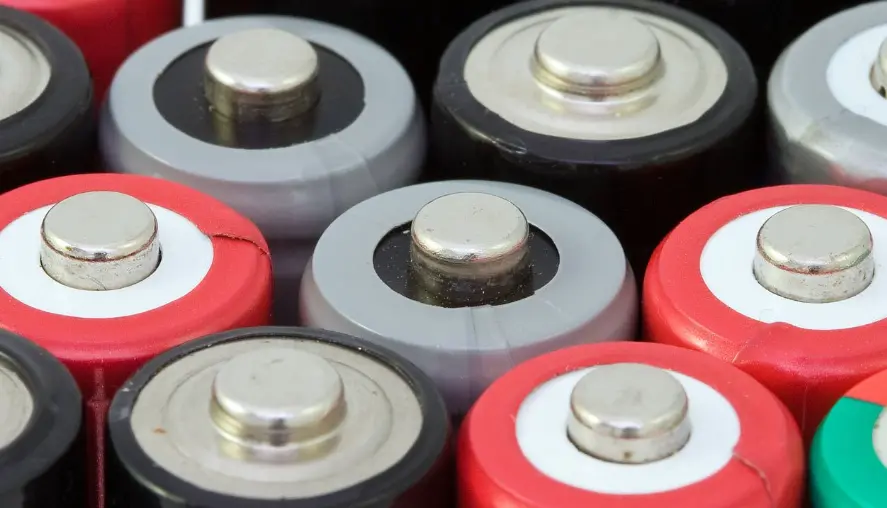
Choosing the right battery for your solar panel system is crucial for ensuring efficient operation and longevity. Below are some methods and options to help you make an informed decision:
Determine Your Needs
First, clarify your power requirements, including:
- Daily energy consumption (Watt-hours, Wh)
- Peak power demand (Watts, W)
- Duration of power supply needed (days)
Battery Type Selection
Common types of batteries include Lead-Acid, Lithium-Ion, and Lithium Iron Phosphate (LiFePO4) batteries.
Lead-Acid Batteries
Advantages:
Low cost
Mature technology
Disadvantages:
Heavy
Short lifespan (fewer charge/discharge cycles)
High maintenance requirements
Lithium-Ion Batteries
Advantages:
High energy density
Lightweight
Long lifespan
Disadvantages:
Higher cost
Requires good thermal management
Lithium Iron Phosphate (LiFePO4) Batteries
Advantages:
Safer (better thermal stability, non-flammable)
Very long lifespan (many charge/discharge cycles)
Low maintenance
Environmentally friendly
Disadvantages:
Relatively higher cost
Capacity Calculation
Based on your daily energy consumption and the duration of power supply needed, calculate the required battery capacity. For example, if your daily energy consumption is 1000Wh and you want the system to last two days without sunlight, you would need at least a 2000Wh battery capacity.
Consider Charge/Discharge Efficiency and Depth of Discharge
Different batteries have varying charge/discharge efficiencies and allowable depths of discharge (DOD). Generally, lithium batteries offer higher efficiency and greater allowable depth of discharge.
Portability and Scalability
If you need a portable solution, a portable power station might be ideal. These devices typically integrate an inverter, controller, and multiple output ports for convenience.
Recommended Solution: Portable Power Station with LiFePO4 Battery
Based on the above analysis, we recommend using a portable power station equipped with a Lithium Iron Phosphate (LiFePO4) battery. Here’s why:
Safety: LiFePO4 batteries have excellent thermal stability and safety features.
Longevity: These batteries have high charge/discharge cycle counts, making them durable for long-term use.
Portability: Portable power stations are compact and easy to carry and install.
Comprehensive Functionality: They integrate inverters and various output interfaces, making them user-friendly.
When choosing a specific model, consider your actual needs such as capacity, output power, and any additional features that may be important to you.



